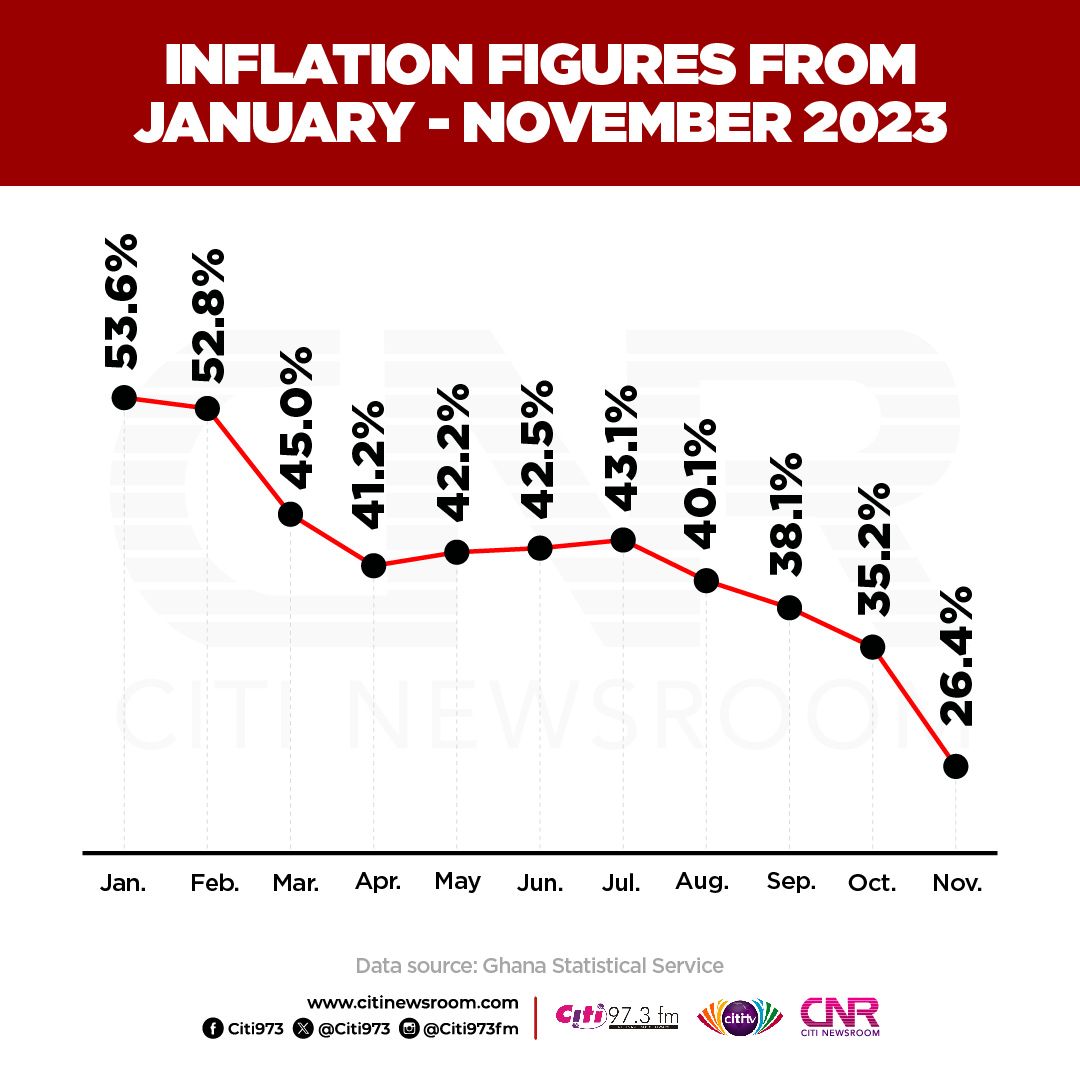
By Gideon SACKITEY
In a bold and far-reaching policy shift, the Government of Ghana has announced that all government contracts must now be priced and executed strictly in Ghana cedis, regardless of funding source.
The directive, issued on July 24, 2025, by President John Dramani Mahama and backed by the Minister of Finance, marks a turning point in Ghana’s fight to protect the local currency, improve fiscal discipline, and reduce its overdependence on the hitherto much-touted US dollar.
This move, part of the 2025 Mid-Year Budget Review presented by Dr Cassiel Ato Forson, reactivates and enforces provisions of the Foreign Exchange Act, 2006 (Act 723), which had long been sidelined in both public and private transactions.
In the view of several experts, the move is sound and indeed long overdue. According to Dr Nii Kwaku Sowa, former Director of Research at the Bank of Ghana. “We cannot continue to undermine our own currency and expect it to hold value. Denominating contracts in foreign currencies creates artificial demand and weakens the cedi,” he noted.
Keen observers of the Ghanaian foreign exchange market know that the economy has, for years, suffered under the weight of a “dollarized” public sector. Government contracts, particularly in the energy, infrastructure, and procurement sectors, were routinely priced in foreign currencies even when implemented by local contractors which no doubt fueled high demand for forex, drained reserves, and contributed to persistent depreciation of the cedi. The reason being the unending gap between the Cedi and the Dollar.
In the view of Dr Steve Hanke, an American economist and currency reform specialist at Johns Hopkins University, “Dollarization in the domestic economy clearly distorts monetary policy and weakens sovereignty. “For any country to truly control its economic destiny, its legal tender must be respected, especially in government transactions.”
Guess what? Between 2020 and 2024 alone, the cedi depreciated by over 135%, sliding from GHS 5.5 to GHS 13.2 against the US dollar. During this same period, Ghana’s gross international reserves declined by nearly 40%, reaching $5.8 billion in March 2025, from a high of $9.1 billion in 2021.
According to Professor Godfred Bokpin, economist and lecturer at the University of Ghana, the trend is “fiscally suicidal,” stressing that, “public sector forex exposure has become a silent debt where Ghana is paying more in cedi equivalents for the same contracts year after year.
Beyond stabilization: What Ghana stands to gain
This policy decision is not merely a defensive economic maneuver—it is a strategic realignment. Its ripple effects could fundamentally strengthen the Ghanaian economy.
The benefits are immense. By eliminating the state’s demand for foreign currency in procurement, the cedi is shielded from unnecessary exchange market rate volatility. A more stable currency encourages long-term investment, boosts consumer confidence, and improves the cost of borrowing. All these are happy signs for investors, businesspersons and women, and indeed for the manufacturing sector who need patient funds to produce.
Secondly, there will be effective monetary policy since the Bank of Ghana will have more room to maneuver. The regulator will be able to operate better with interest rates and inflation targeting if forex pressure from the public sector eases. Currently, inflationary surges are tightly linked to currency depreciation caused by excessive forex demand.
Contracts denominated in cedis ensure that local contractors are not disadvantaged in bidding processes, which often favor international firms that operate in foreign currency. It ensures that the finances of local industries and Small Medium Enterprises are boosted. This levels the playing field and promotes local enterprise growth.
Other areas that stand to benefit are a reduction in external debt burden and symbolic assertion of sovereignty.
Kwame Pianim a veteran economist put it this way: “You cannot wave the Ghana flag with one hand and hold dollars with the other in public governance. If the state doesn’t believe in the cedi, who should?
International precedent
In opting to hold the pride of the Ghana Cedi, Ghana is not alone. Other countries like India, Nigeria, and Brazil have placed strict controls on foreign currency use for domestic transactions. In Nigeria, a 2021 ban on USD pricing in real estate and public contracts helped stabilize the naira temporarily and reduce forex outflows by over $2 billion in one fiscal year.
Dr Duvvuri Subbarao former governor of the Reserve Bank of India in his assessment was emphatic in his description: “Foreign currency pricing is like a backdoor import of inflation. It inflames local costs and undermines your central bank.”
While the directive is commendable, analysts warn that enforcement will be key. Indeed, the Foreign Exchange Act has existed since 2006, but lax implementation and institutional complicity rendered it ineffective. “This cannot be another paper tiger. Enforcement mechanisms must be visible, firm, and fair,” urged Dr. Esi Yankah, policy analyst at IMANI Africa. “Government itself must lead by example and demand accountability from all ministries and agencies.”
Worrying trend
The worrying trend is the position of the Minority’s critical stance of the forex environment and government handling of matters up until now. Their fixation of the erstwhile gold-for-forex and gold-for-oil initiative must give way to the new policy direction of the new government. Their support is necessary to rally every Ghanaian and institution to rake in the success of the new policy.
The outlook: A stronger cedi, a stronger Ghana
With proper enforcement and complementary reforms, Ghana could see significant macroeconomic improvements within 12 to 24 months.
Final thoughts
This bold decision signals a paradigm shift in Ghana’s approach to economic management. By asserting the primacy of the cedi in public transactions, the country has drawn a line in the sand: fiscal sovereignty begins with currency discipline. Ghana has spoken. Cedi first. Now it must act with consistency, resolve, and purpose.
The post Gov’t bans foreign currency contracts, a game-changer for economic sovereignty appeared first on The Business & Financial Times.
Read Full Story















Facebook
Twitter
Pinterest
Instagram
Google+
YouTube
LinkedIn
RSS